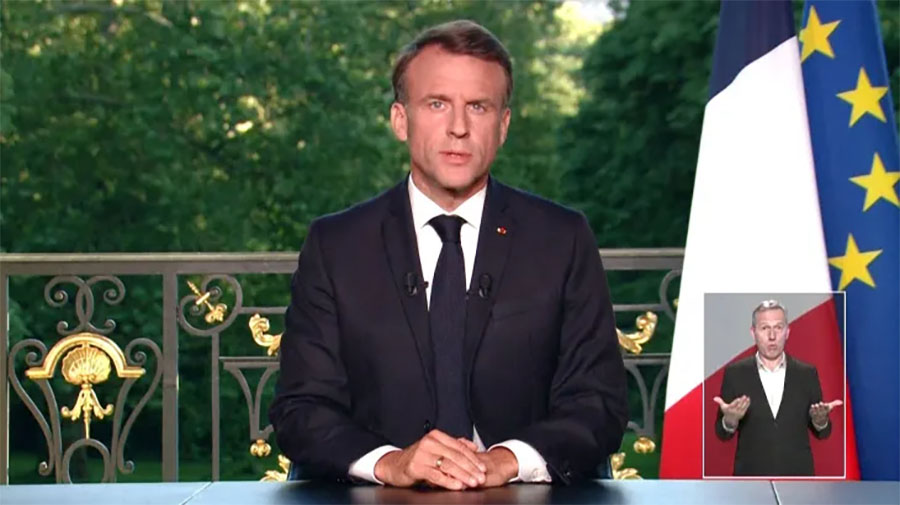Photo Credit: Getty Images
Prime Minister Michel Barnier of France faces a crucial test this week as his government navigates a potential no-confidence vote. His decision to push the controversial 2025 budget through parliament without a vote, using Article 49.3 of the French constitution, has triggered backlash from opposition parties. The move could lead to a government collapse and has placed France's political future in jeopardy.
Article 49.3 allows the government to bypass parliament and pass legislation unilaterally. However, it also gives lawmakers the right to introduce a no-confidence motion, which must be voted on within 48 hours. If successful, this motion would reject the budget and cause the government to fall.
Both left-wing parties, led by the New Popular Front (NFP), and the far-right National Rally (RN) party have voiced support for the motion. The outcome of this vote, expected by Wednesday, could have wide-reaching consequences for the country.
The political instability is a direct result of France's parliamentary elections earlier this year. Following a poor showing by President Emmanuel Macron's centrist forces in the European Parliament elections, Macron dissolved parliament in June and called for early elections.
The resulting fragmented parliament, with three roughly equal blocs—left, center, and far-right—has made governance difficult. Barnier, appointed as prime minister despite the NFP's claims to the position, has struggled to maintain a stable government.
Barnier's primary goal is to address France's significant budget deficit, which ballooned to 5.5% of GDP in 2023 and is expected to reach 6.1% in 2024, nearly double the eurozone's limit. His draft 2025 budget includes €20 billion in tax hikes and €40 billion in public spending cuts. Despite some concessions, the RN has rejected key aspects of the budget, leaving Barnier with few allies in parliament.
Should the no-confidence vote succeed, France could face a political crisis. The financial markets have already reacted, with borrowing costs spiking, reflecting the uncertainty surrounding the government's future.
However, France's constitution allows a caretaker government to pass an emergency law, preventing a government shutdown. Public sector workers would continue to be paid, and the previous year's budget could be extended temporarily.
President Macron faces several options. He cannot dissolve parliament again until June 2025, which limits his ability to form a new government. He could reappoint Barnier, but this would likely provoke further unrest. Alternatively, Macron might attempt to form a broader coalition or appoint a technocratic government.
While Macron's resignation is a possibility, it remains unlikely for now. The outcome of the vote will set the course for France's governance in the coming months.


